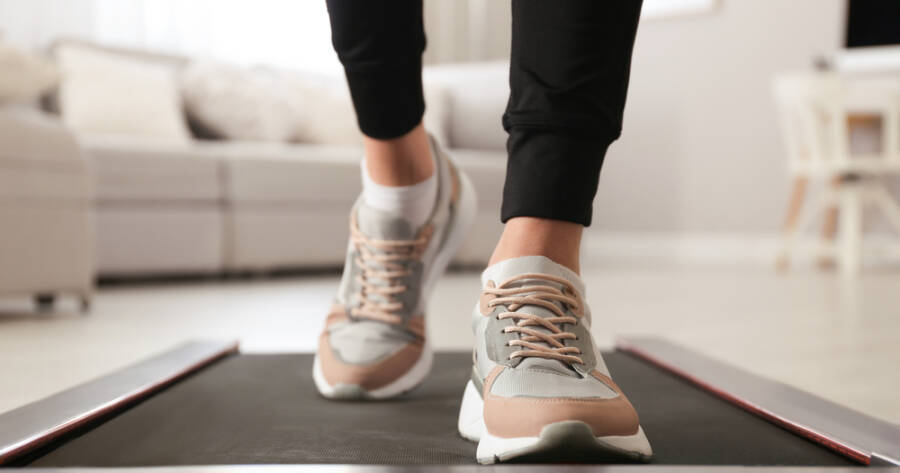Incorporating calm and soft workouts into everyday life serves as an effective avenue for managing stress and enhancing mental well-being. Engaging in gentle exercises like yoga, free dance, or Tai Chi promotes nervous system relaxation through mindful movements and breathwork, catering to diverse fitness levels. Discover the wide-ranging benefits of these practices for a balanced lifestyle.
The Importance of Calm Workouts
In the hustle and bustle of everyday life, managing stress is an ongoing battle. Incorporating calm workouts into daily routines has proven to be an effective tool for calming the nervous system, reducing stress, and promoting overall mental well-being. Exercise types like gentle movement exercises, stretching, and light yoga are excellent as they have minimal energy expenditure, making them accessible to individuals of different fitness levels, even those with limitations or recovering from injuries. These exercises help alleviate stiffness caused by sedentary lifestyles, enhancing both physical and mental well-being while promoting the release of tension in muscles that hold stress.
Soft Workouts Explained
Soft workouts encapsulate a variety of gentle exercises that focus on nervous system relaxation and stress relief without the need for high intensity or high impact movements. Exercises like free dance, shaking, and rhythmic movements are particularly effective because they promote emotional expression and relaxation by releasing muscle tension and encouraging nervous system balance. Combining these activities with deep breathing can intensify the calming effects, fostering mindfulness and presence. Similarly, martial art forms like Tai Chi and Qi Gong integrate slow and gentle movements with breathwork and meditation, supporting overall nervous system equilibrium.
Techniques for Nervous System Friendly Fitness
Numerous techniques can further support nervous system-friendly fitness by integrating elements of mindfulness and relaxation. Visualization exercises, body-scans, and breathing practices like the 4-7-8 Breathing technique promote relaxation by inversely stimulating the parasympathetic nervous system. Engaging in safe touch techniques and movements such as self-hugging and progressively tensing and relaxing muscles provide a secure and calming sensation, crucial for people suffering from chronic anxiety. Incorporating stretching and breathing exercises into daily routines can decrease heart rate and blood pressure relieving mental stress.
Nutrition and External Practices to Ease the Nervous System
Nervous system health greatly benefits from lifestyle choices beyond physical exercises. Maintaining a diet rich in high-quality, unprocessed foods particularly supports the nervous system by balancing gut health and mood regulation. Additionally, minimizing alcohol consumption and incorporating adaptogenic herbs like ashwagandha and ginseng can contribute to maintaining emotional balance and reducing stress. Grounding activities such as walking barefoot in nature or practicing mindfulness meditation provide further relaxation and are effective strategies for nervous system self-regulation.
Reap the Benefits of Soft Workouts
Adopting soft workouts and nervous system-friendly fitness routines brings a multitude of benefits. These practices not only ease stress and anxiety but also enhance quality of life by fostering a sense of calm and emotional stability. As techniques like chair yoga, moving meditations, and light stretching are easily adaptable, even those with limited mobility can engage in these exercises to foster a more relaxed lifestyle. Embracing such gentle practices as part of a comprehensive fitness regimen leads to better mood regulation, improved sleep, and greater interoception.
Why You Should Learn More About Soft Workouts and Nervous System-Friendly Fitness Today
Considering the fast-paced lives many lead today, it is crucial to find ways to manage stress effectively while maintaining overall health. Soft workouts and nervous system-friendly practices offer a natural way to achieve balance, promote relaxation, and enhance mental resilience. By combining gentle exercises with healthy lifestyle practices, individuals can improve their well-being significantly. These methods not only address physical health but also cater to emotional and mental wellness, positioning them as an invaluable asset in holistic health management.

